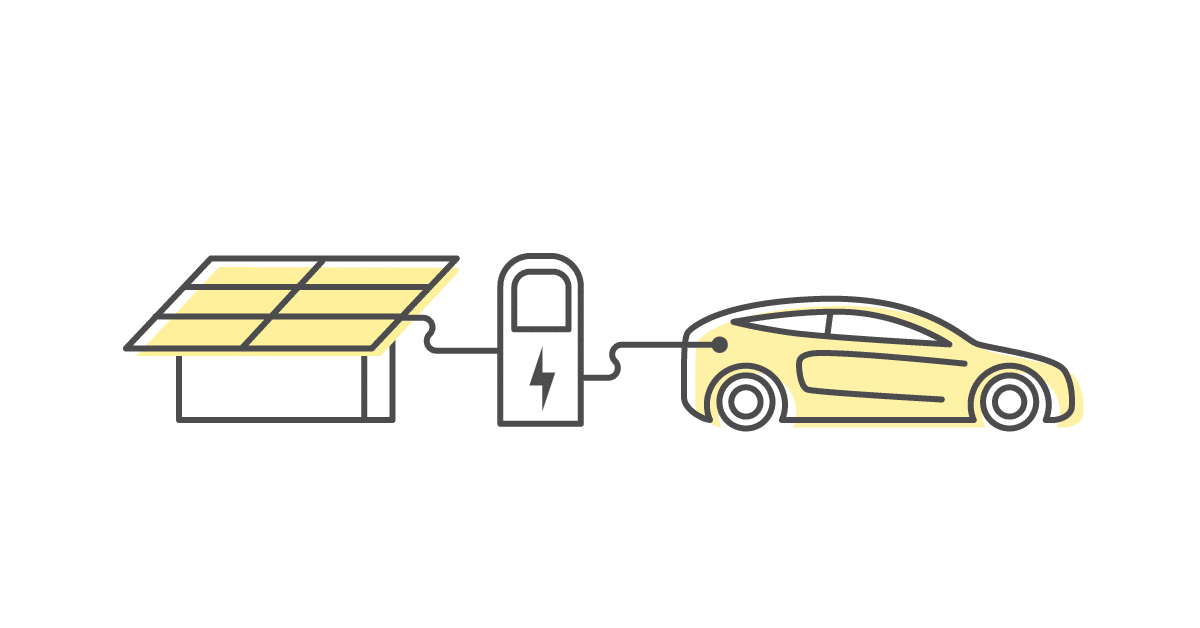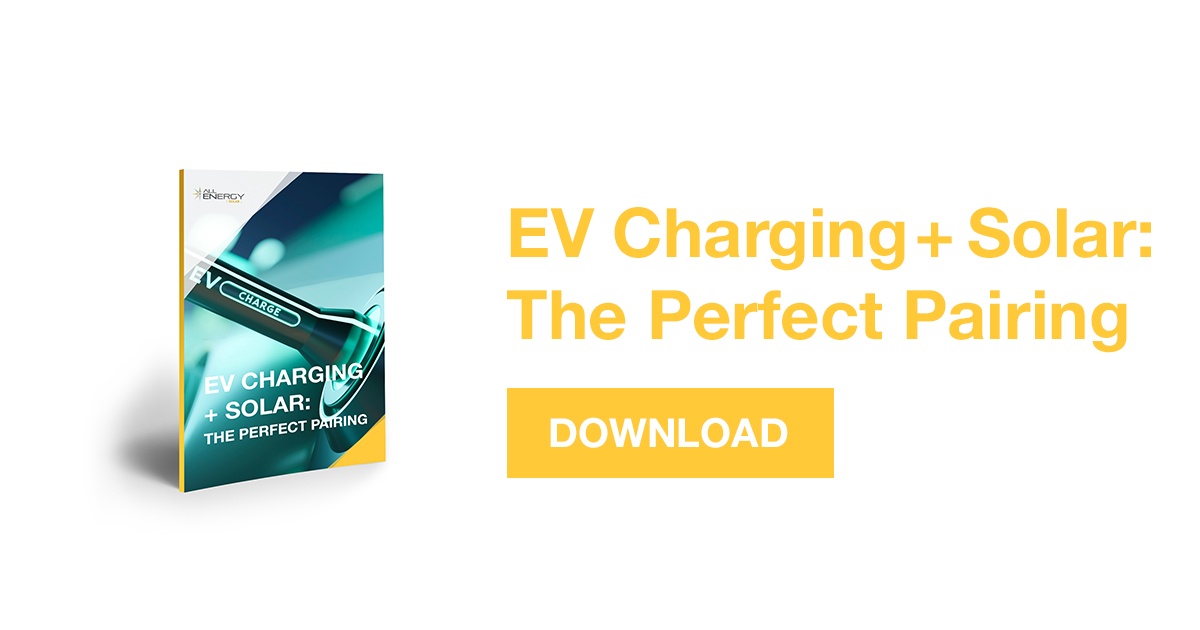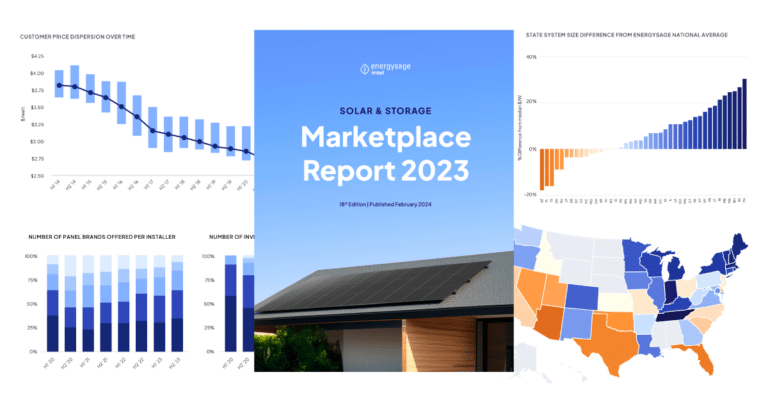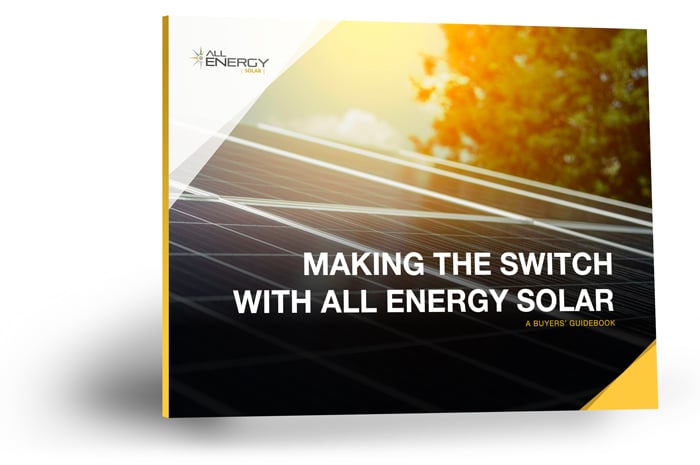General Motors’ commitment to offering 30 fully electric vehicles by 2025 is just one more sign that electric vehicles (EV) aren’t simply a “big idea” but rather the future of transportation in America. As more consumers are considering the move to fully electric vehicles, the need for private, home-based electric charging stations is on the rise, and what better way to generate that power than with solar.
Charging with solar is cheaper
When it comes to charging your EV, it’s hard to beat the free EV charging stations at your local co-op or work parking lot. However, when it comes to the convenience of charging your electric vehicle at home, doing it through self-provided solar energy is the cheapest means available. In almost every corner of the country, the cost of electricity produced by your solar panels is more cost-effective than buying electricity from your local utility directly. Although the initial amount saved may be pennies on the dollar now, over the life of your vehicle, and with rising electric costs, solar can easily save you thousands of dollars in fuel costs.
Better for the environment
For many consumers, one of the top reasons for making a move to an EV is the peace of mind in knowing that they have significantly reduced the amount of waste they are producing annually by eliminating the need for gasoline and oil. Unfortunately, most utility companies’ electricity still comes from natural gas and coal-burning power plants. However, even with just the addition of a few solar panels, you’re able to ensure that the electricity used to power your vehicle is coming from a clean, renewable source.
Added capacity
Many states and local utility companies place limits on the amount of electric power you’re allowed to generate for grid-tied solar photovoltaic systems. For example, in Minnesota, homeowners are only able to produce 120 percent of their annual average consumption. However, there are provisions in those regulations that allow you to account for any significant changes you may plan to make to your home that would significantly increase your demand, such as a swimming pool, home addition, or the purchase of an electric vehicle. The added capacity needed to account for your electric vehicle’s power demands will help you save on charging costs and can be pushed back to the grid when your automobile is charged—earning you valuable net metering credits from your power utility.
To learn more about the benefits of pairing your electric vehicle with a home solar charging station, contact an All Energy Solar representative.



